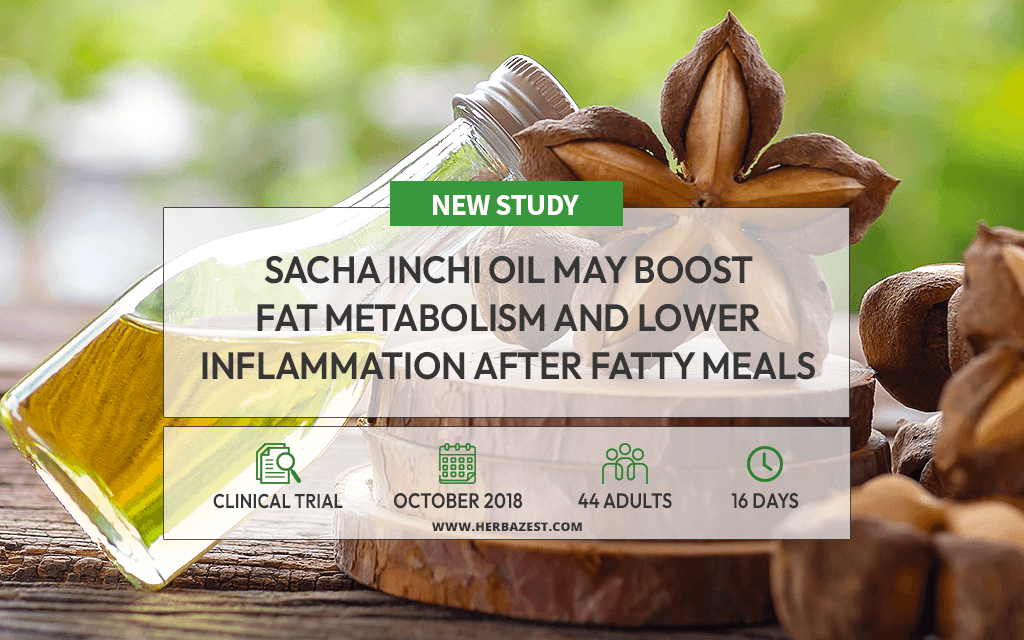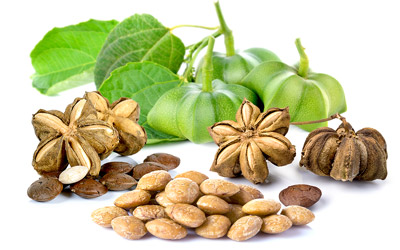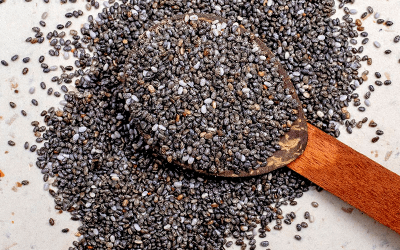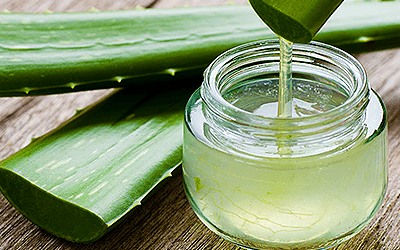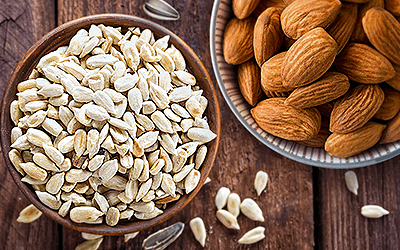A diet high in saturated fatty acids is known to increase inflammation and lipid levels, including low-density lipoprotein (LDL) cholesterol.1,2 That, in turn, has been linked to various health risks, like heart disease and diabetes. Therefore, improving postprandial (post-meal) lipid metabolism is the focal point of the treatment plan.
Sacha inchi is renowned for its outstanding protein and healthy fat content, which mainly consists of polyunsaturated fatty acids like omegas 3, 6, and 9. Contrary to saturated fats, these fats have been shown to have beneficial effects on human health, including regulating cholesterol and reducing inflammation.3,4
The purpose of this study was to evaluate the effects of sacha inchi oil on postprandial lipids and inflammation after a high-fat meal.
The Study
This randomized crossover clinical trial was a collaboration between three Colombian universities in Cartagena and Cali, Colombia. The results were published in the 2018 edition of the Journal of Food Biochemistry.
The participants included 20 metabolically healthy and 22 metabolically unhealthy adults. They were given a high-fat breakfast with or without 15 mL of sacha inchi oil, with a two-week washout period in between. Breakfast consisted of 100 g of buttered bread and sweetened coffee.
Various biomarkers were measured by a blood test before breakfast (fasting) as well as 1 and 4 hours after the meal. These markers included, but were not limited to, cholesterol levels and interleukin-6 concentration (an inflammatory marker).
The Results
In the metabolically healthy group, it was observed that sacha inchi oil reversed an increase in cholesterol levels as well as reduced interleukin-6 levels.
In the metabolically unhealthy group, on the other hand, sacha inchi oil weakened an increase in lipopolysaccharides (molecules consisting of lipids and carbohydrates) and interleukin-6 expression.
What Does this Mean?
The results of this study show that sacha inchi oil can improve postprandial lipid metabolism and reduce inflammation after high-fat meals, although the extent of these effects depends on individual metabolic status. By doing so, it may help counteract the negative effects of increased fat consumption on health.
Researchers recommend further studies to explore the best uses of sacha inchi for lowering lipid levels and inflammation.
On a larger scale, this study is yet another example of the role a healthy diet plays in human health promotion and disease prevention. Other herbs rich in healthy fats include olives, avocado, walnuts, and flax.
Sources
- Journal of Food Biochemistry, Metabolic status is related to the effects of adding of sacha inchi (Plukenetia volubilis L.) oil on postprandial inflammation and lipid profile: Randomized, crossover clinical trial, 2018
Footnotes:
- Advances in Nutrition. (2015). The Science of Fatty Acids and Inflammation. Retrieved August 9, 2020 from https://www.ncbi.nlm.nih.gov/pmc/articles/PMC4424767/
- Frontiers in Immunology. (2018). Inflammatory Links Between High Fat Diets and Diseases. Retrieved August 9, 2020 from https://www.ncbi.nlm.nih.gov/pmc/articles/PMC6243058/
- Mayo Clinic. (2019). Dietary fats: Know which types to choose. Retrieved August 9, 2020 from https://www.mayoclinic.org/healthy-lifestyle/nutrition-and-healthy-eating/in-depth/fat/art-20045550
- Journal of the Academy of Nutrition & Diabetics. (2013). Comparison of effects of long-term low-fat vs high-fat diets on blood lipid levels in overweight or obese patients: a systematic review and meta-analysis. Retrieved August 9, 2020 from https://pubmed.ncbi.nlm.nih.gov/24139973/
